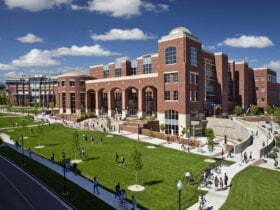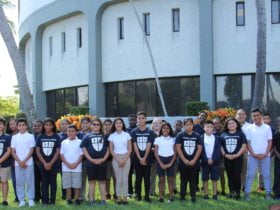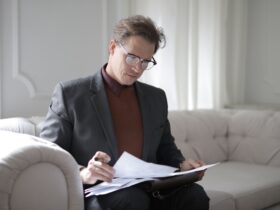Lindau’s cobbled streets are quieter now that the 69th Lindau Nobel Laureate Meeting has finished. The meeting wrapped up in style on Friday with a cruise to the flower-covered island of Mainau. Returning to Lindau, partying ensued onboard with a stay band. At the penultimate prevent, the flamboyant Hotel Bad Schachen, laureates had been given an affectionate farewell. As they walked up the wooden jetty to their accommodation, younger scientists cheered and banged at the boat’s steel hull. Earlier on Mainau, attendees had made their manner to a large marquee on top of the island for a transferring Q&A with Yemeni Nobel peace laureate Tawakkol Karman and an idea-provoking panel, How Can Science Change the World for the Better?
On the walk, I chatted to Maria Żurek, a postdoc at the Lawrence Berkeley National Laboratory, about a panel she took two days in advance, “Student, Postdoc, and Then? – Aiming for a Career in Science”. You can watch the complete discussion here. One key trouble raised by a younger scientist inside the target market changed into leaving academia and perceiving. Responding, fellow panelist, Niamh Kavanagh of University College Cork, talked of her non-public experience. Kavanagh is near submitting her Ph.D. thesis in photonics; however, the hard reality that simplest a minority of Ph.D. college students will secure permanent positions in academia induced Kavanagh to think cautiously approximately her alternatives.

Her last decision changed into awareness of possibilities elsewhere, and she informed the target market. “I want to present myself with the maximum alternatives and set myself up for achievement in anything meaning for me.” However, her choice hasn’t usually been met positively. “I’ve had responses like, ‘Oh, that’s a pity.’ So that’s quite difficult to cope with.” Laureate Donna Strickland, additionally on degree, changed into supportive of non-academic paths. “We want scientists in many one-of-a-kind jobs,” she stated, citing how politics can gain from clinical minds and how R&D may be just as worthwhile in the industry – or even beforehand of educational research in some fields.
Wolfgang Ketterle, another laureate panelist, become additionally encouraging. He counseled that younger researchers should invite alums running outside academia again to their labs as visitor speakers, which already happens at MIT. “[They] inform our current grad college students and postdocs what they’ve performed, how they transitioned, and the way they sense now after multiple years,” he stated. “I felt that this had been precious advice.” Żurek turned into happy to look into the matter addressed. “Nobel laureates who have to affect … they are announcing, ‘Yes, those career paths also are valid,'” she instructed me. “I suppose this is the handiest way to change the attitude of our network.”
Plenty more except was blanketed through the panel. Discussions on stage and throughu Twitter on work-life balance, particularly for those with families, showed how this remains problematic for young scientists – and one with no clear answers. Other topics protected recommendations on changing fields at the postdoc stage, who to turn to in difficult conditions, how to take care of failure, and the advantages of networking. All in all, masses of food for younger scientists make their manner domestic to all corners of the globe. Alles Gute und gute Reise!














